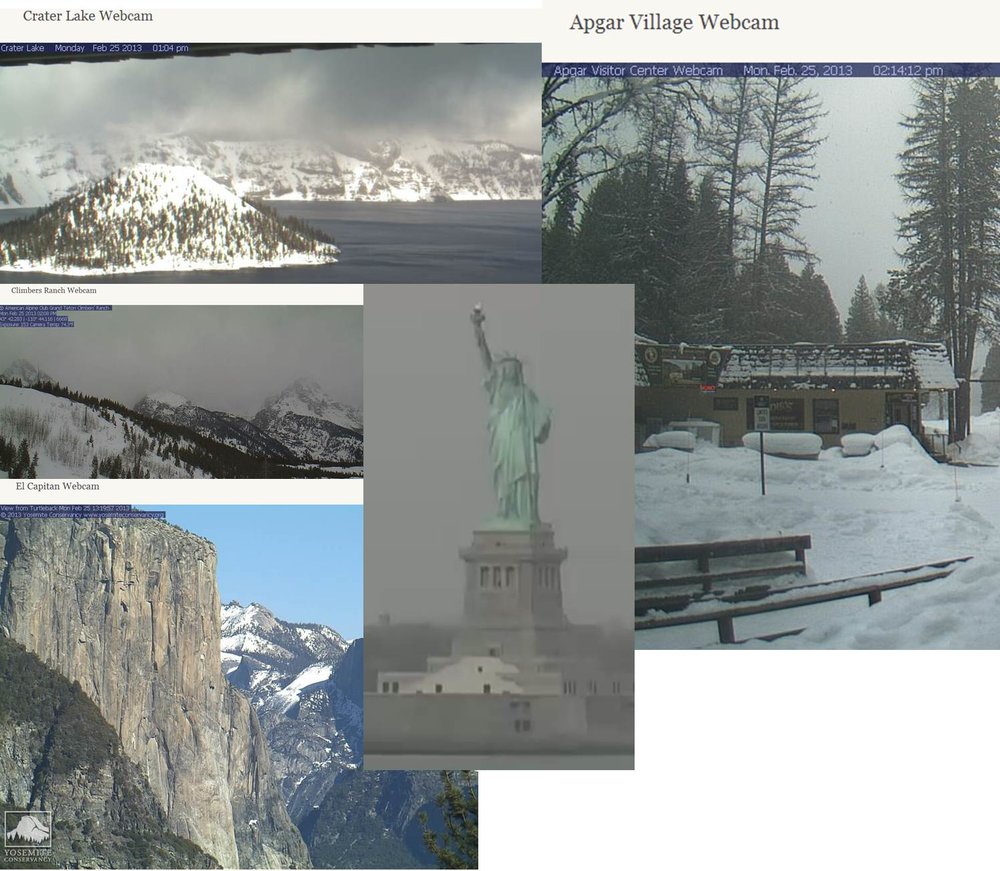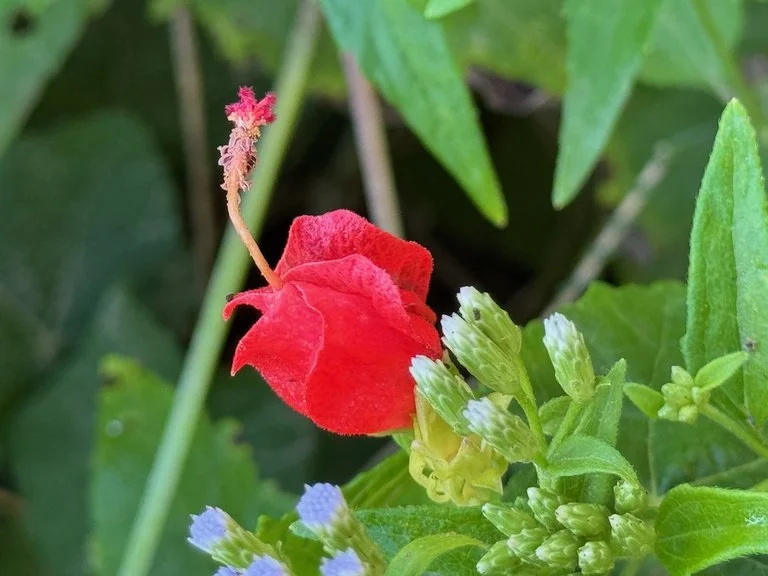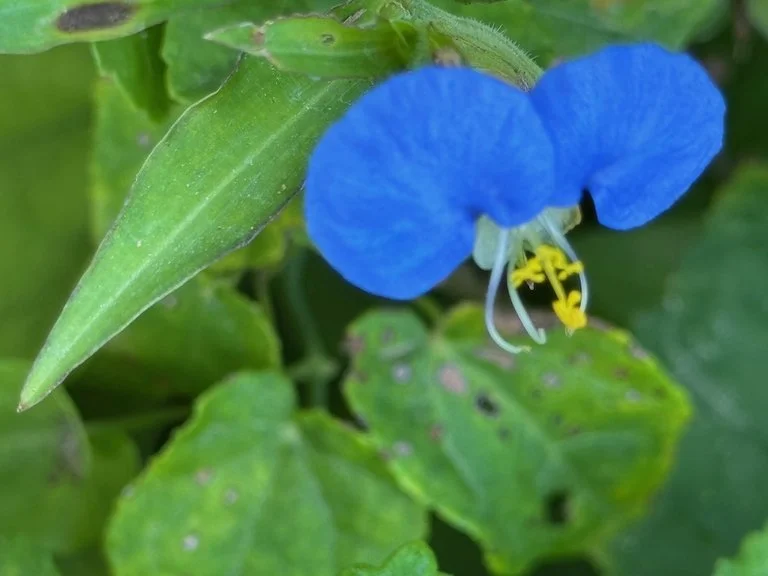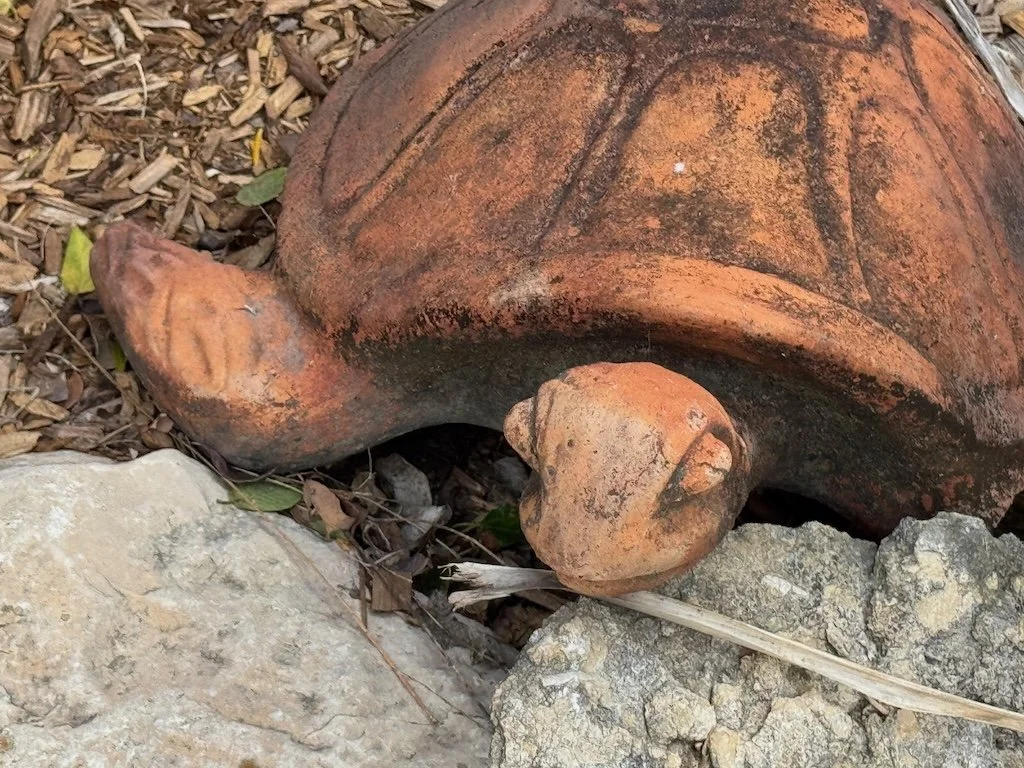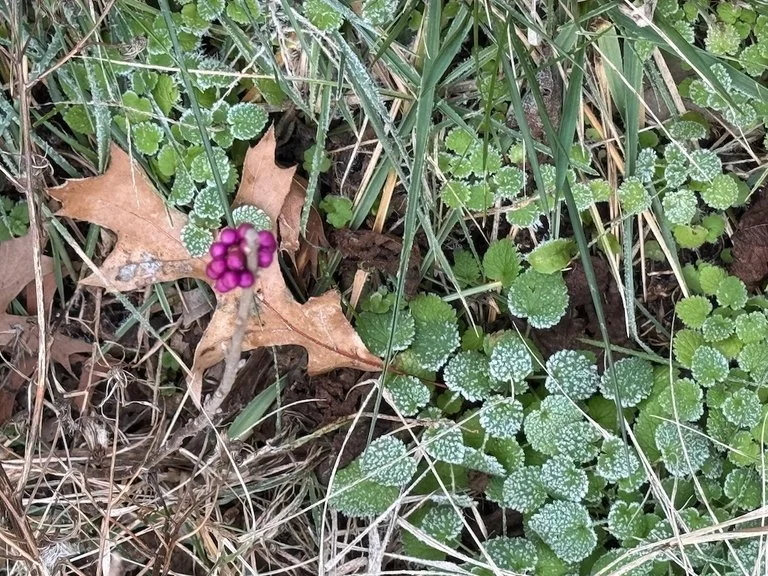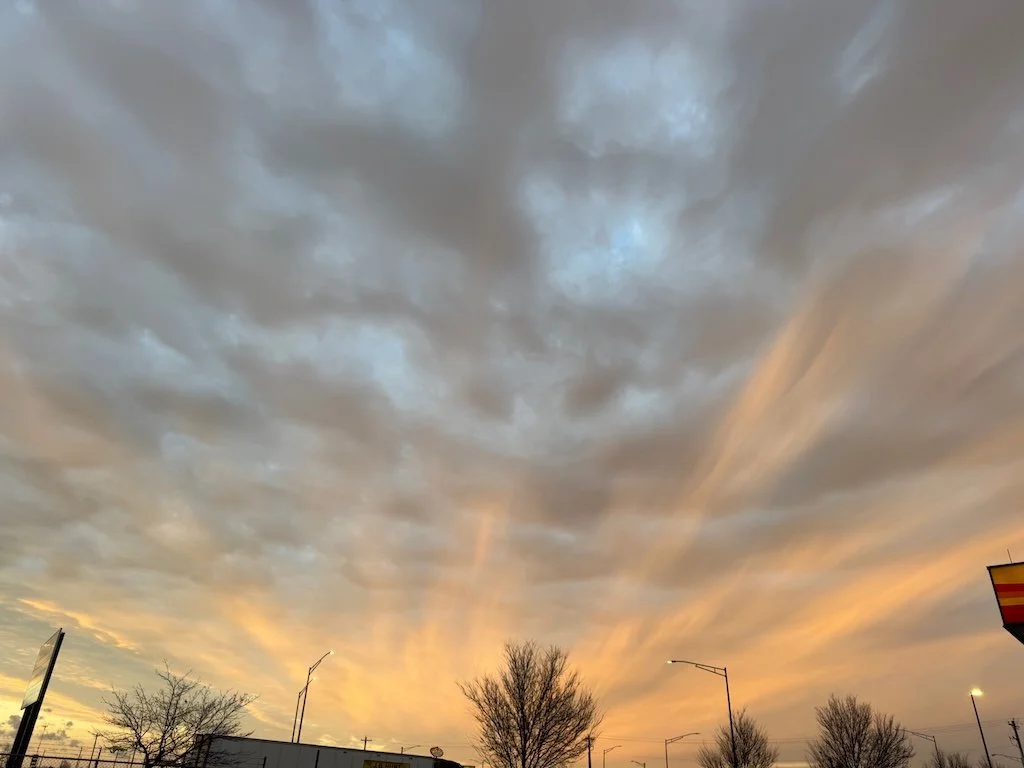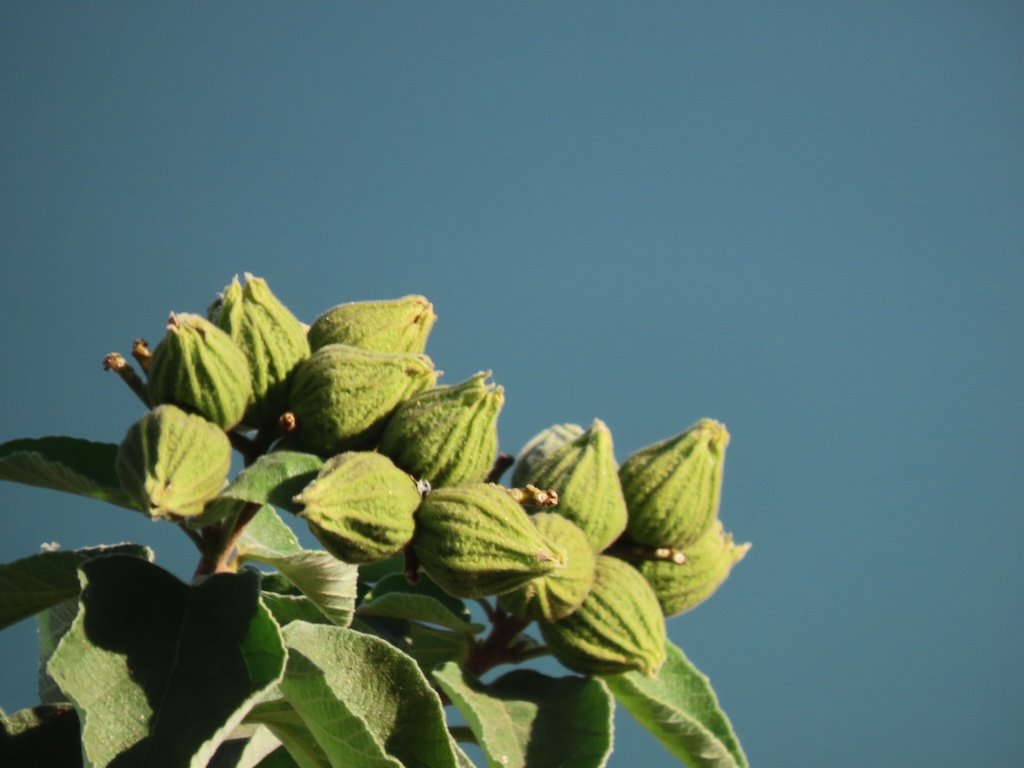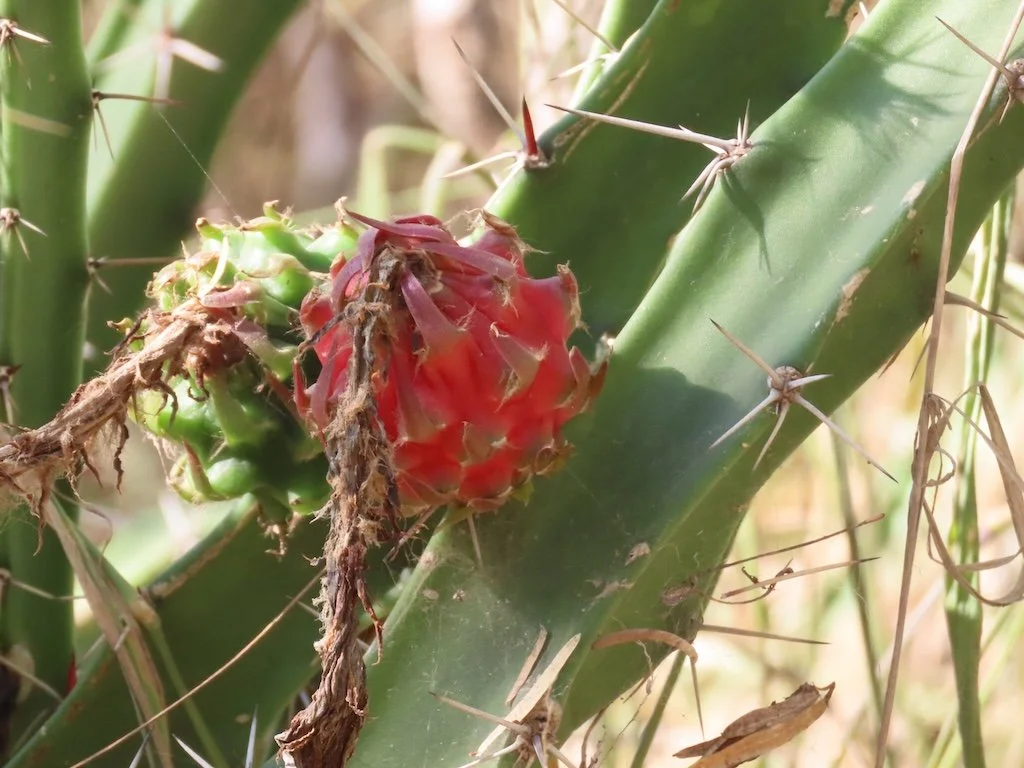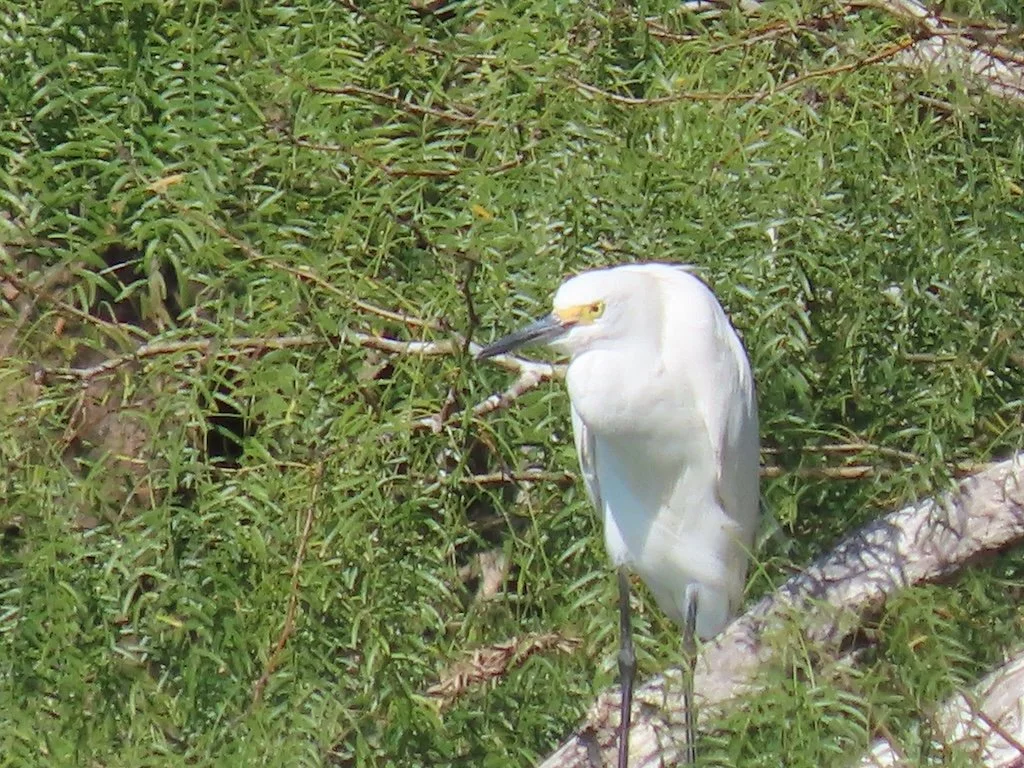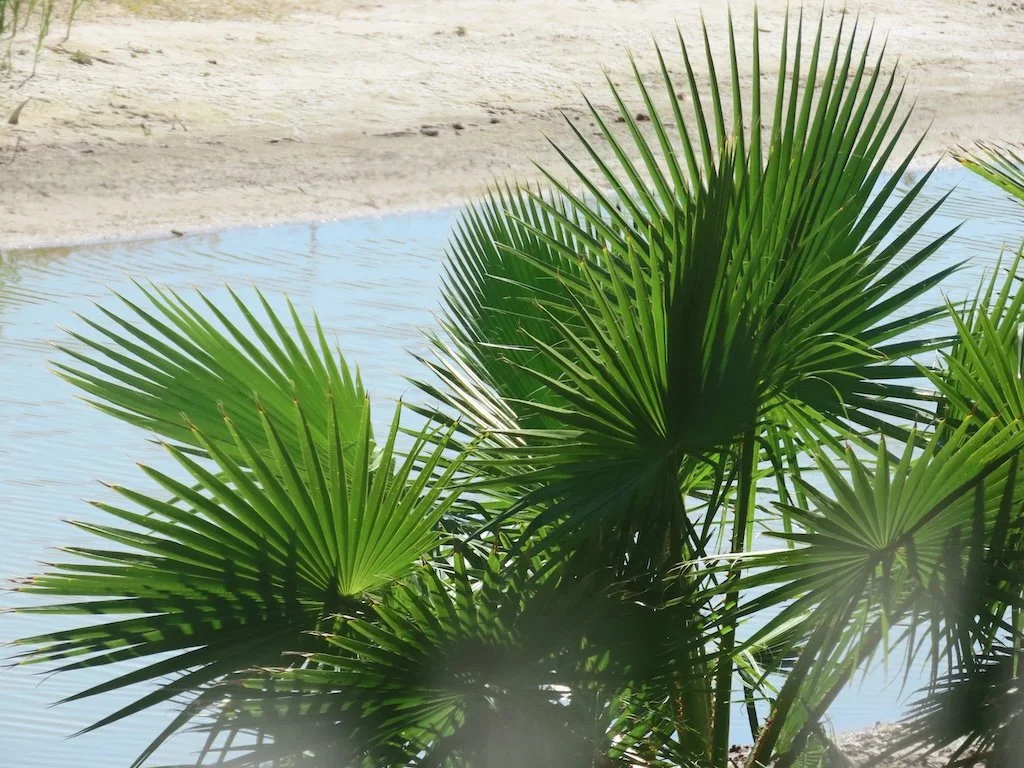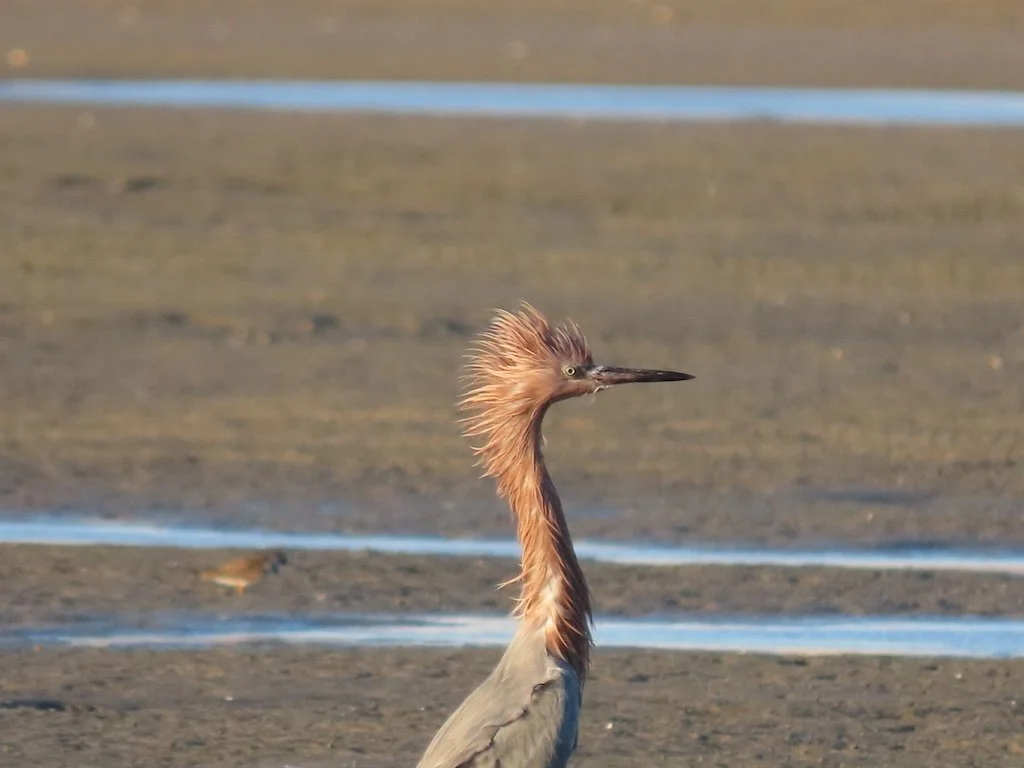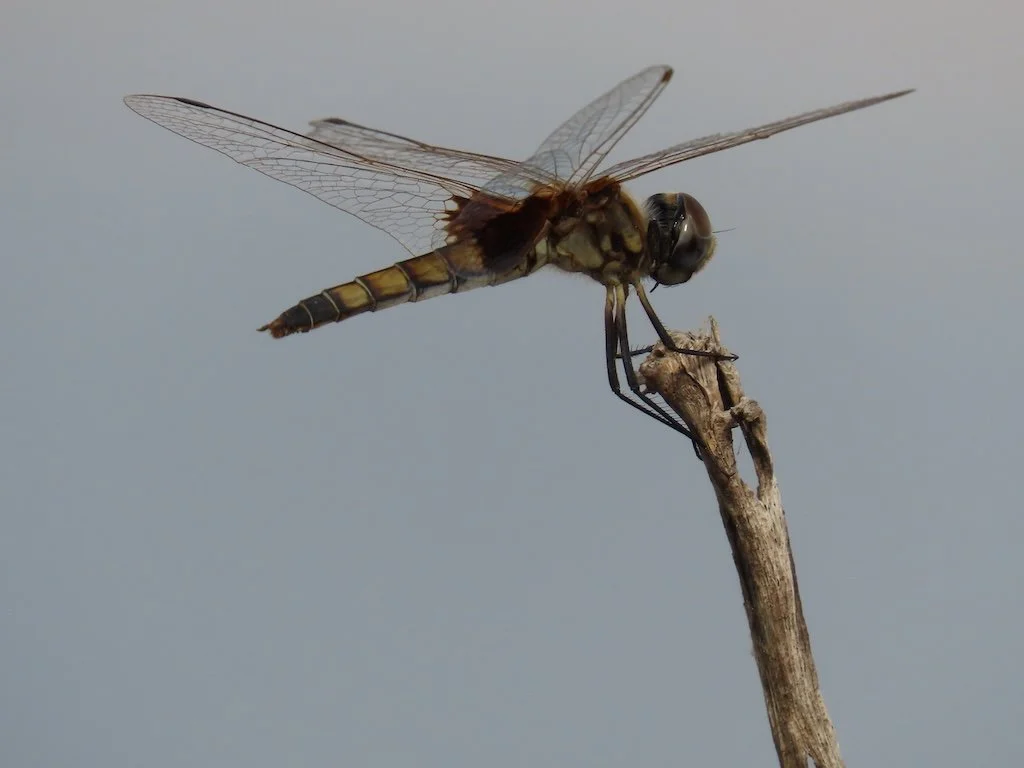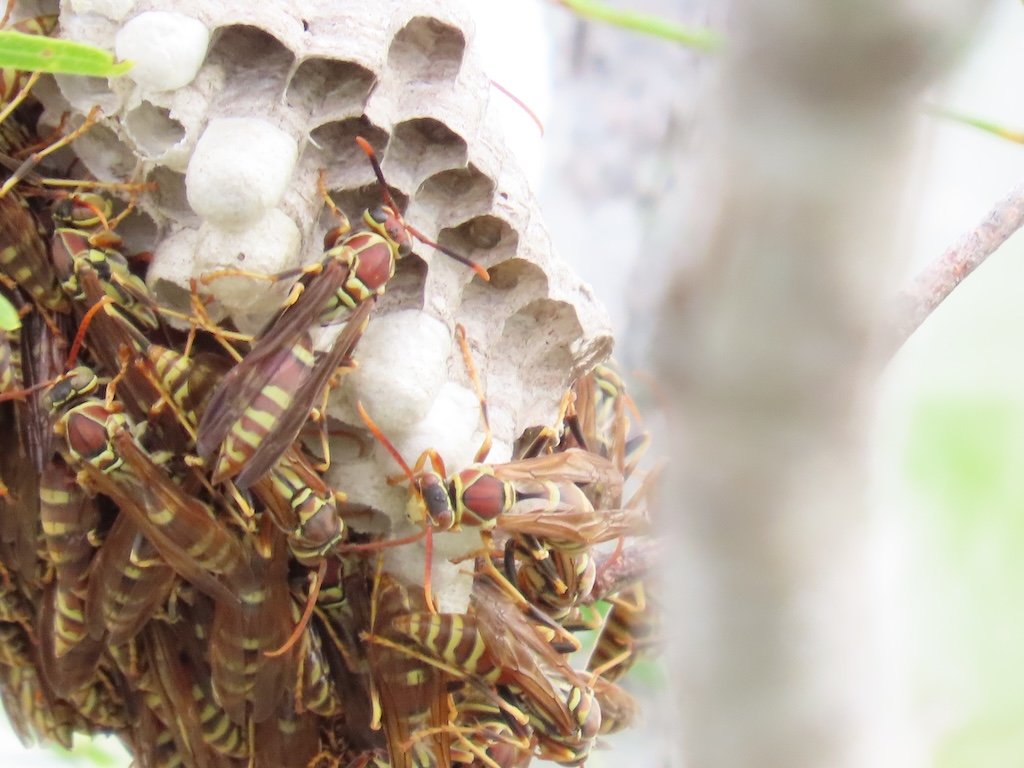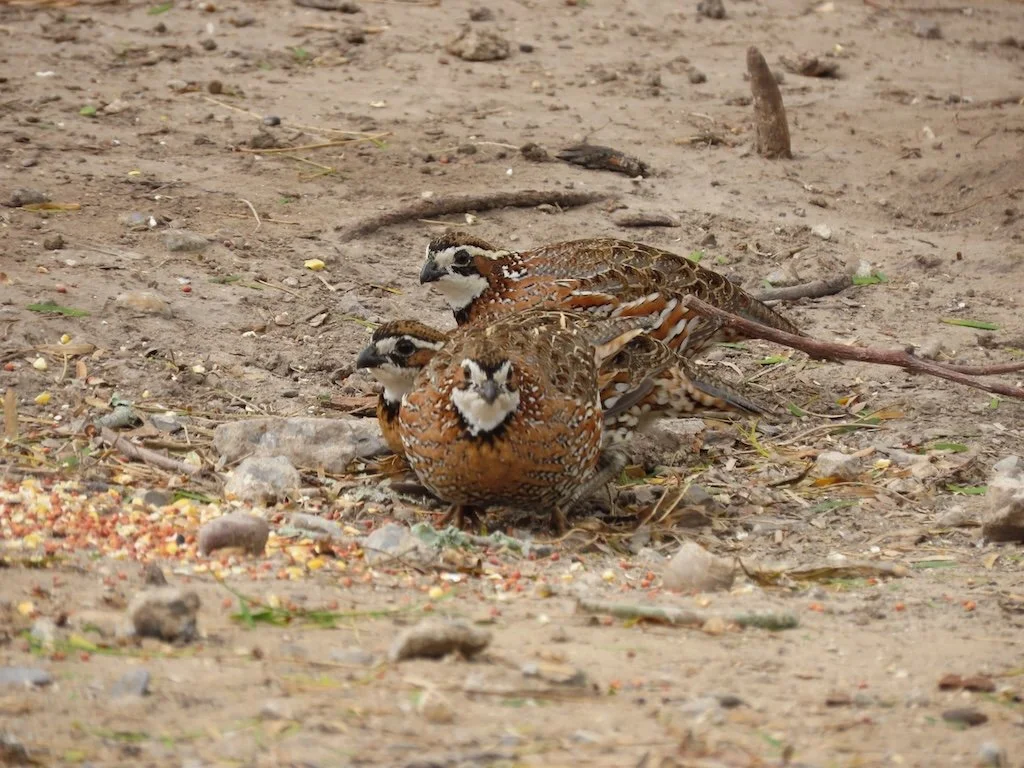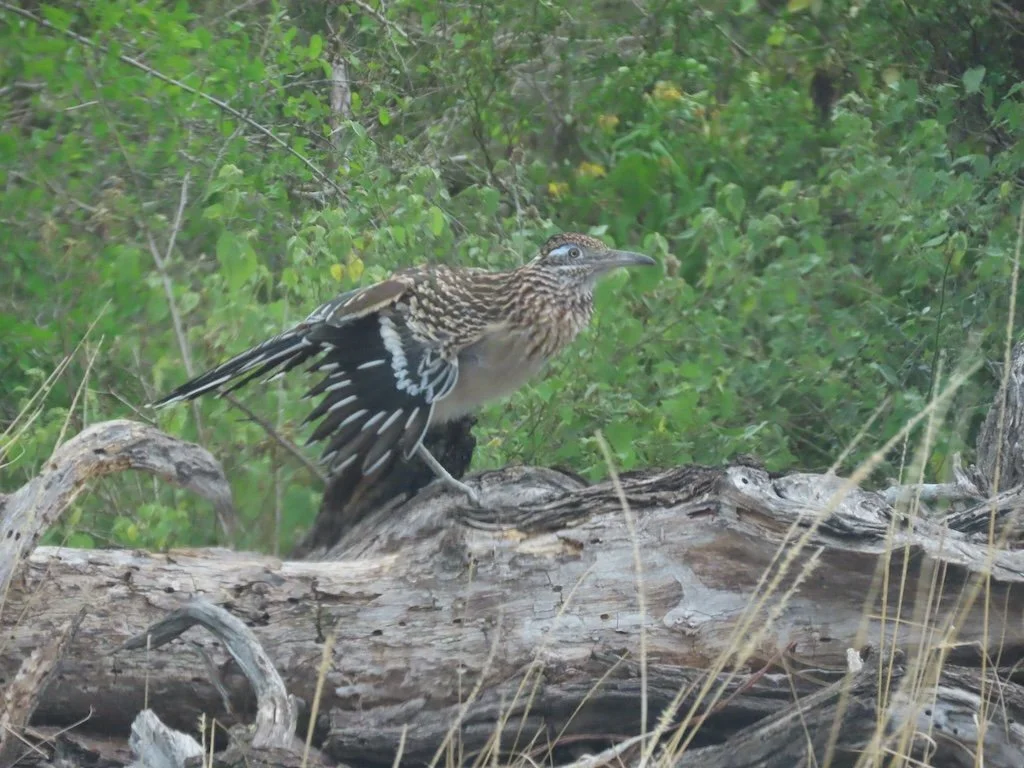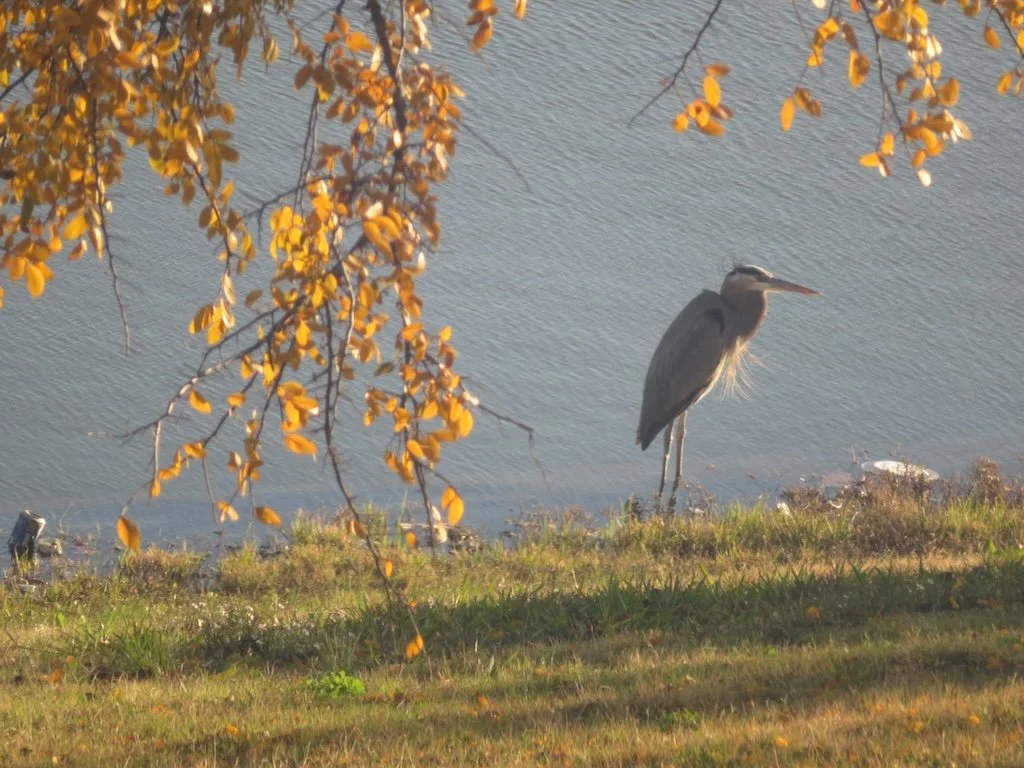Gleanings of the Week Ending December 28, 2013
/The items below were ‘the cream’ of the articles and websites I found this past week. Click on the light green text to look at the article.
Short Cycle Efficacy Trials Key to Personalized Learning - How can the myriad of education applications and blended learning models be evaluated? This article describes some attempts. Hopefully we finally will achieve the focus of efficacy for the individual learner rather than the technology or educational administration.
4 Frighteningly Ambitious Education Experiments for 2014 - There are lots of experiments that I’ve been reading about lately (prompted by some recent Coursera courses). These four caught my attention because they emphasize that many boundaries we one assumed have been softened or even breached by technology. So now - we have some alternatives that have never been available before. All the more reason to figure out how to do ‘short cycle efficacy trials’ (see previous gleaning).
Frogcicle - I’d heard about some frogs being able to survive freezing…this is a video that shows that happening.
A Dingo Ate Australia - The article portrays the dingo, Australia’s only native dog species, from multiple perspectives.
Petrified Life - Time lapse video of the American Southwest…well worth the 5.5 minutes to watch.
The Most Incredible Historical Discoveries of 2013 - It’s the time of year that we get a lot of ‘best of’ lists. It does seem that 2013 had quite a few rather surprising historical discoveries. History is not as well defined as we sometimes assume!
Greenland Ice Stores Liquid Water Year-Round - Water evidently stays liquid in the space around the ice particles in an aquifer that covers 27,000 square miles. A team drilling core samples in southeast Greenland was surprised when they came up with liquid water (from 33 feet in one hole and 82 feet in another). The air temperature at the time was minus 4 degrees Fahrenheit. Another article on the same topic is here.
The 100 essential websites - How many of these do you know about already? I always take a browse through lists like this - and sometimes discover a something worthwhile!
Waiting in the Wings - Mining collections (butterflies, plants and birds) to determine changes over the 19th and 20th century as individual species - and in relationship with other species. Not everything in the food web changes at the same rate.
These are the most beautiful libraries we've ever seen - I am reading more electronically these days but there is still something very appealing about rooms full of books.



